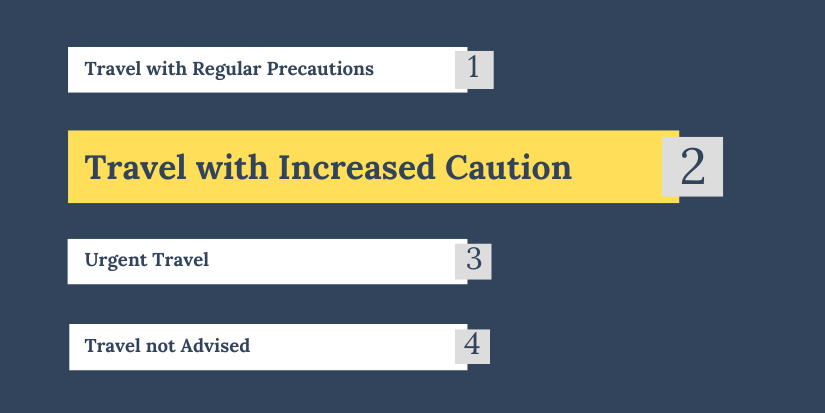
VISA REGIME
For holders of national passports and other travel documents: Visa is not required for stays of up to 90 days, and it is possible to extend stay for another 90 days within a period of 180 days, in one calendar year
For holders of diplomatic and official passports: Visa is not required for stays of up to 90 days, and it is possible to extend stay for another 90 days within a period of 180 days, in one calendar year
Note: Visa is required for holders of an emergency travel document in transit
ENTERING AND LEAVING THE COUNTRY
Visa is not required for stays of up to 90 days, and it is possible to extend the visa for another 90 days.
SOCIAL SECURITY AGREEMENT
No social security agreement has been concluded.
USEFUL INFORMATION:
HEALTH SITUATION — All information on the current health situation in the country can be found on the World Health Organization website: https://www.who.int/countries/col/.
Medical services in cities are satisfactory, but of varied quality. Travel insurance is necessary. Tourists without health insurance can get medical help in state hospitals which, however, do not meet American or European standards. Waiting for emergency medical care may take longer than usual. There is a risk of the following diseases: Zika virus, Lyme disease, diarrhoea, Dengue fever.
SECURITY SITUATION — Travellers to Colombia should exercise increased caution given the dangers of crime, terrorism and kidnapping. The risk and the likelihood of the dangers are higher in some places than in others.
Based on the security risk assessment, the following departments in Colombia are not recommended for travel: Arauca, Cauca (except Popayan), Chocó (except Nuquí), Nariño and Norte de Santander (except Cucuta) due to crime and terrorism.
Violent crimes, such as murders, attacks and armed robberies are frequent. Organised crime activities, such as extortion, robbery and kidnapping for ransom are widespread. Drug cartels are active in Colombia, which, despite huge counter-efforts of the Colombian Government, affect the crime rates significantly in the country.
TRANSPORT — Colombia has a developed network of roads and railway, which connects major cities, ports and neighbouring countries, such as Venezuela and Ecuador. Coach and long-distance rail transportation, particularly at night, are not recommended to tourists for security reasons. Taxies and minibuses operate in the most visited tourist places. Tourists may drive in Colombia with a valid national driver’s licence.
OTHER INFORMATION — National currency: Colombian peso (COP).
Tourists are advised to carry a copy of the first page of their passport (with their photo on it) as well as a copy of the page with the entry visa to show to the police as proof of tourist visit.
Contact information:
For consular assistance and protection while in Colombia, please contact the Embassy of the Republic of Serbia in Washington, D.C. (1333 16th St NW Washington, DC 20036), at the telephone number: +1 (202) 706-0209, and e-mail addresses: info@serbiaembusa.org and consular@serbiaembusa.org .
